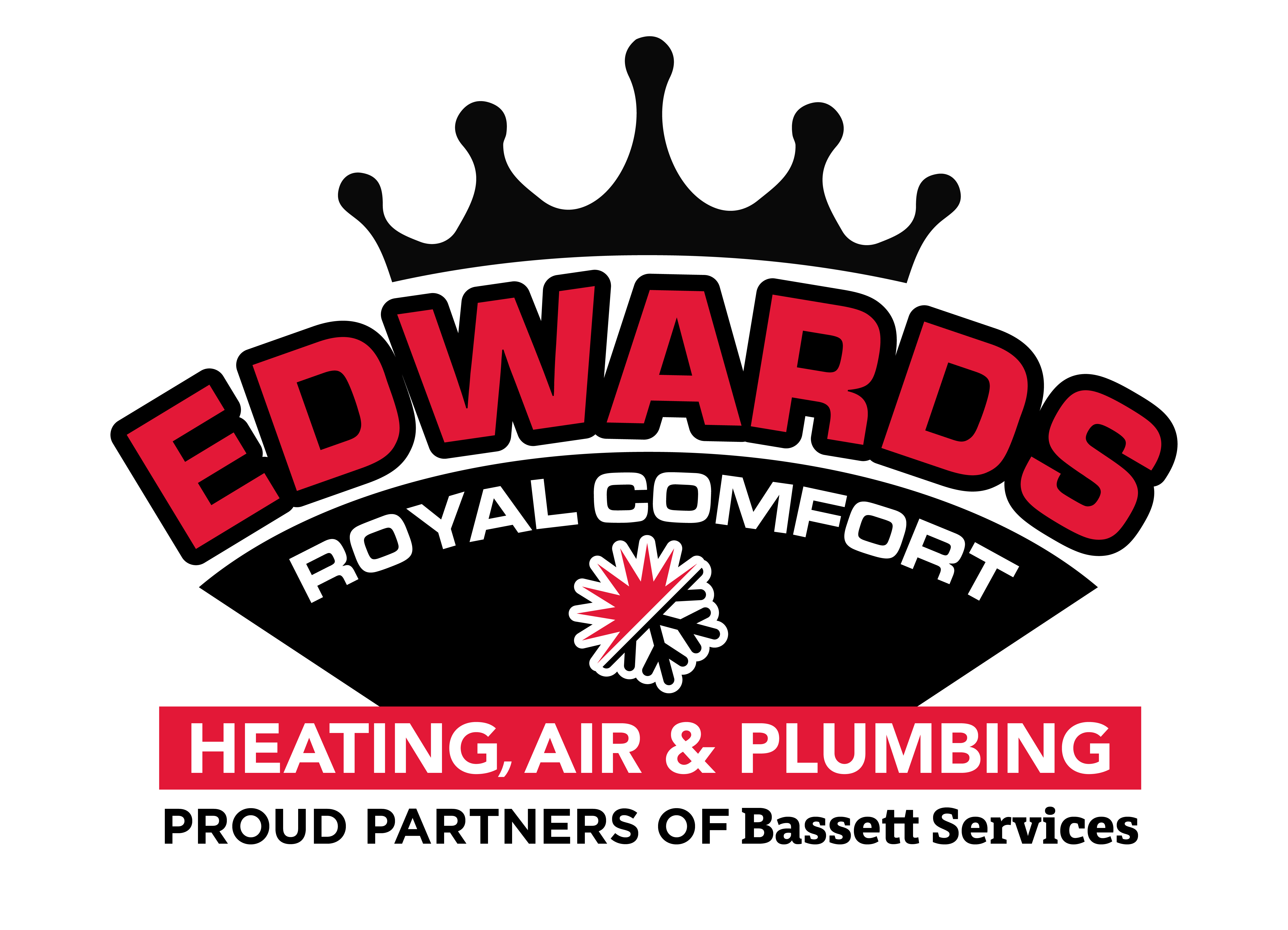Most homeowners in Indiana are familiar with furnaces and air conditioners, as this equipment is commonly used for heating and cooling the home. However, traditional heating and cooling systems are not necessarily the most energy-efficient choice for your household and heat pumps may be a better option. Edwards Royal Comfort answers the important question, “how efficient are heat pumps?”, so you can see how they stack up against your HVAC system.
Heat Pumps and Energy Efficiency
Energy efficiency is a major concern when purchasing new heating and cooling equipment for the home. The efficiency rating of any new HVAC unit will have a long-term effect on the ongoing costs you pay to heat and cool your residence, as the efficiency rating impacts the amount of energy the system will consume. When comparing different types of HVAC equipment, homeowners want to know how efficient the systems are.
How Efficient Are Heat Pumps for Heating?
When it comes to efficient heating, heat pumps are generally the most energy-efficient option, in comparison to furnaces and other heating systems. An air-source heat pump system can deliver three units of heating for every one unit of energy it consumes in the process. None of the energy consumed by the heat pump is wasted through the heating process, which makes the average heat pump 300% efficient.
Furnaces that burn oil or natural gas do waste some energy through the combustion process, no matter how high the unit’s heating efficiency is. The most energy-efficient natural gas furnaces available are around 98% energy efficient, meaning 98% of the energy consumed is used to generate heat while about 2% is wasted. Electric furnaces do not waste electricity through the heat generation process, making this type of furnace system 100% energy efficient.
How Efficient Are Heat Pumps for Cooling?
Heat pumps and traditional air conditioners operate the same way. They transfer heat energy to lower air temperatures – they do not create coolness like a furnace creates heat. Because these two types of cooling units operate in the same manner, their energy efficiency is equal as long as each unit’s SEER rating is the same.
Why Are Heat Pumps More Energy Efficient?
A heat pump’s efficiency comes down to heating more so than cooling. As both the traditional air conditioner and heat pump cool homes using the same process, their efficiencies are essentially equal. The area where heat pump efficiency really shines is in heating.
In climates with mild winters, heat pump systems are far more energy-efficient than furnaces. They are able to transfer more units of heating energy than the energy consumed to run the equipment. When temperatures drop to or below freezing, their energy efficiency takes a hit.
At temperatures around or below freezing, a gas furnace can operate more efficiently than a heat pump. In Indiana, heat pumps are often installed with gas furnaces as backup heating systems to take over during periods of extreme cold – this way, the home will always be heated using the most energy-efficient system.
Heat Pump Installation in Indiana
The efficiency of heat pumps is impressive when compared to traditional home heating and cooling systems, and using this equipment can help homeowners save a great deal on energy bills over the life of the unit. Is a heat pump right for your home? Contact Edwards Royal Comfort today to learn more and receive a quote for new heat pump installation.



